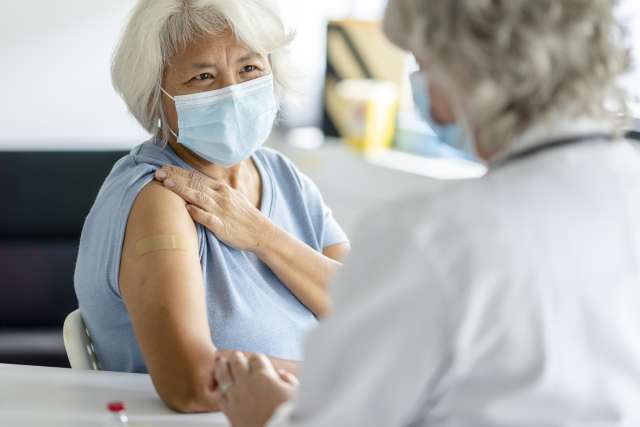Dear Doctors: A man I have been dating had a stroke a few weeks ago, and now he has aphasia. When I visit him at the rehab, he’s ready for me to leave after a short time. Is this normal? He seems to be happy I’m there, but he dismisses me quickly. I’m trying not to feel hurt.
Dear Reader: A stroke occurs when something prevents blood from reaching the brain. The most common cause is a blockage in the blood vessels that serve the brain. Known as an ischemic stroke, it is often due to the presence of a blood clot, but it also can occur due to a narrowing of the blood vessel itself. In the other major form of stroke, known as a hemorrhagic stroke, a blood vessel develops a tear or completely ruptures.
Any type of stroke deprives the brain of oxygen and nutrients. In a short period of time, brain cells begin to die. This can cause a wide range of symptoms, including aphasia. This is a disorder in which it becomes difficult to understand and engage in spoken and written language. Someone with aphasia may speak in garbled sentences, be unable to find the proper word, speak in halting or choppy sentences and be unable to follow a conversation. These same difficulties can apply to writing and reading.
The physical effects of a stroke are typically the most obvious. However, our brains are also home to various regions that oversee emotion, behavior and cognition. It means this type of brain injury can cause a wide range of emotional and behavioral changes, as well. These include confusion, inattention, irritability, forgetfulness and carelessness. People who have experienced any type of catastrophic health event can be overwhelmed by the sudden change to their circumstances. That often leads to feelings of depression, grief, fear, anger and frustration.
It is important to remember that someone who has had a stroke tires quickly. That means not just physically, but emotionally and mentally, as well. It is also easy for them to experience sensory overload. Situations and settings that previously had been effortless, including a visit from a loved one, can quickly become a burden. After a stroke, the brain is physically healing and rewiring. This is particularly true with recovery from aphasia. As a result, it is entirely possible for this man to be genuinely glad to see you, and also to need your visits to be brief. If possible, ask the staff for guidance on the length of a visit and what interactions will be the most beneficial.
If you find these visits to be difficult or emotionally upsetting, you might consider seeking out a stroke recovery support group for family and caregivers. You will meet other people who are facing the same challenges as you. It can help you navigate your own feelings during this stressful time and understand what comes next. A wealth of information about stroke, as well as a searchable database of support groups, is available at the American Stroke Association website, stroke.org.
(Send your questions to [email protected], or write: Ask the Doctors, c/o UCLA Health Sciences Media Relations, 10960 Wilshire Blvd., Suite 1955, Los Angeles, CA, 90024. Owing to the volume of mail, personal replies cannot be provided.)





